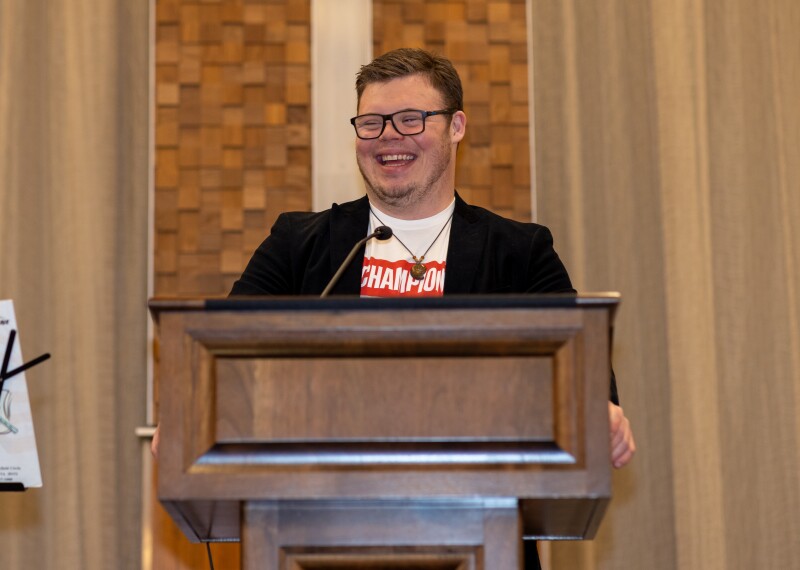Inclusive Health Principles and Strategies

Including people with IDD in existing health programs has the potential to improve health outcomes for people with IDD while reducing health care costs for society. This resource provides practical information for any organization in the broader health system on how to take the first steps to make their policies and practices inclusive of people with IDD to help close this gap in health outcomes.
We encourage you to take a look at the entire resource. However, the beginnings of your Inclusive Health journey can come from simply engaging and interacting with people with IDD. While there are many programmatic and operational changes recommended in this document, the first steps can stem from simply asking people with IDD in your community how your program or service could work better for them.

Equitable Access




